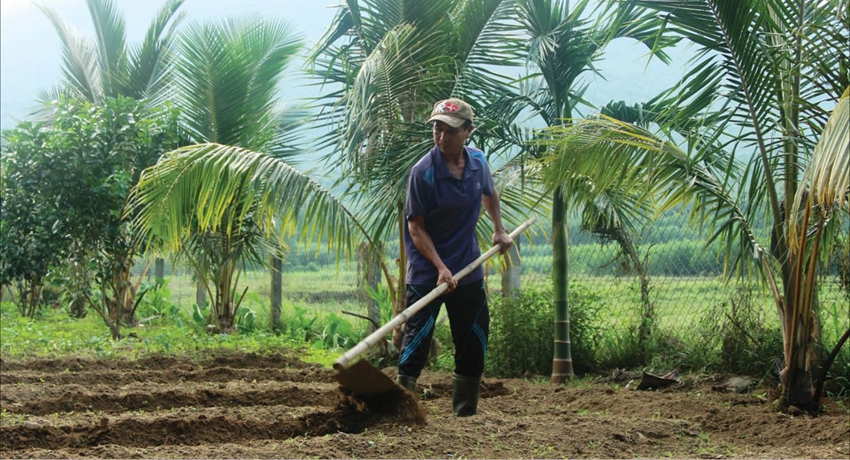 |
| The Muong community in Khe Su is always given favorable conditions by the government to integrate and develop. |
Poverty reduction motivation
Since 1998, a group of Muong people from Dong Thinh, Yen Lap district, Phu Tho province, went to the deep forest of Bach Ma to find agarwood and decided to settle in Khe Su village. With a natural area of just over 65 hectares, the village currently has 83 households, including 14 Muong households and the rest Kinh people, with 412 people.
Khe Su village is recognized as an ethnic minority and mountainous area according to Decision No. 519/BDT-CSDT, period 2021-2025. Recently, policy credit programs from the Vietnam Bank for Social Policies (VBSP) have reached each household, bringing hope and opportunities to change their lives.
Mr. Nguyen Giang Son, a villager, shared: “Previously, my family was near-poor. We had forest land but lacked capital to invest and take care of it, so we could not exploit it effectively. In 2020, thanks to the village's Savings and Loan Group (TK&VV), I was able to borrow 50 million VND from the VBSP. With this money, I renovated and took care of 4 hectares of cajuput forest. After 5 years, the cajuput forest has been harvested, helping my family have a stable income, escape poverty and improve their lives, and my children can also study properly.”
Not only Mr. Son’s family, but many other households have also changed thanks to preferential credit capital. If in 2013, the village Savings and Credit Group only had 21 members with outstanding loans of 300 million VND, now the Group has grown to 32 members with outstanding loans of more than 1.26 billion VND. In particular, the rate of interest and debt payment on time reaching 100% has shown the effectiveness of using the capital of the people.
Change to grow
In the early days of settling down in the new land, the life of the Muong people in Khe Su was extremely difficult. Mr. Dinh Van Giap, one of the first people to set foot here, recounted: “When we first arrived here, we only worked on the fields and grew crops to make ends meet. But thanks to the guidance of Village Chief Nguyen Tham, we boldly borrowed capital to invest in livestock and farming. Mr. Tham was not only the person who connected people with credit programs but also provided technical guidance and encouraged us to change the way we did business. Thanks to that, many families have spacious houses, stable incomes, and their children can go to school.”
Unable to hide his pride, Mr. Ha Xuan Lam, a villager, said: “Although no one has achieved high scores, many of our children have now reached grade 12. That is a big step forward compared to the difficult early days. Khe Su is not only a place to live, but also a second home, a place that helps us build a new life.”
With the consensus of the government and people, the rate of poor and near-poor households in the village has decreased significantly, from 21 households in 2013 to 10 households in 2024. These numbers not only reflect the effectiveness of credit policies, but also demonstrate the spirit of overcoming difficulties of the people here.
To achieve these results, the role of local authorities and mass organizations is indispensable. Mr. Cai Trong Nhu, Chairman of the People's Committee of Loc Tri commune, commented: "The Muong community in Khe Su has always been facilitated by the government to integrate and develop. We support land allocation, loans from the Vietnam Bank for Social Policies and provide guidance on production techniques. In the coming time, the commune will continue to direct mass organizations to receive entrustment and more effectively implement policy credit programs, aiming to improve people's lives, reduce poverty sustainably and build new rural areas."
From a wild land, Khe Su village now has a new look, full of vitality. Melaleuca forests, fruit gardens and livestock are proof of that change. In the future, with support from the government and the efforts of each person, the small village at the foot of Bach Ma will continue to prosper, becoming a bright spot in the sustainable poverty reduction in the mountainous region of Thua Thien Hue .
Source: https://baothuathienhue.vn/kinh-te/doi-thay-cuoc-song-nguoi-muong-o-khe-su-149349.html


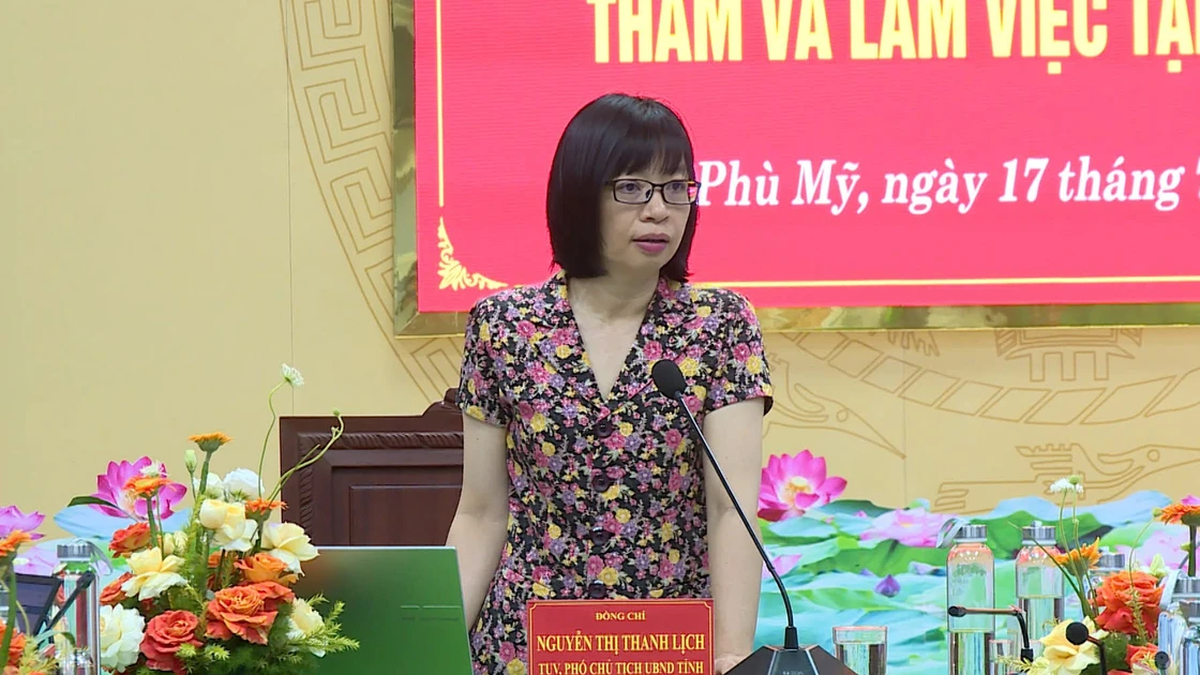


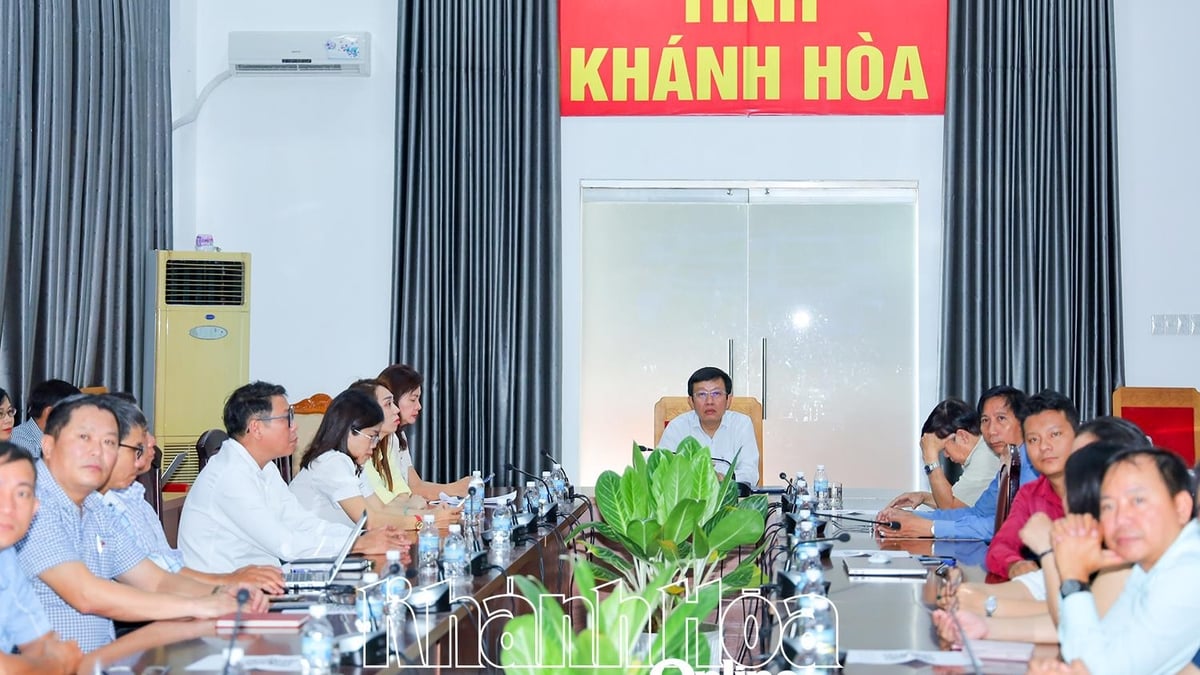
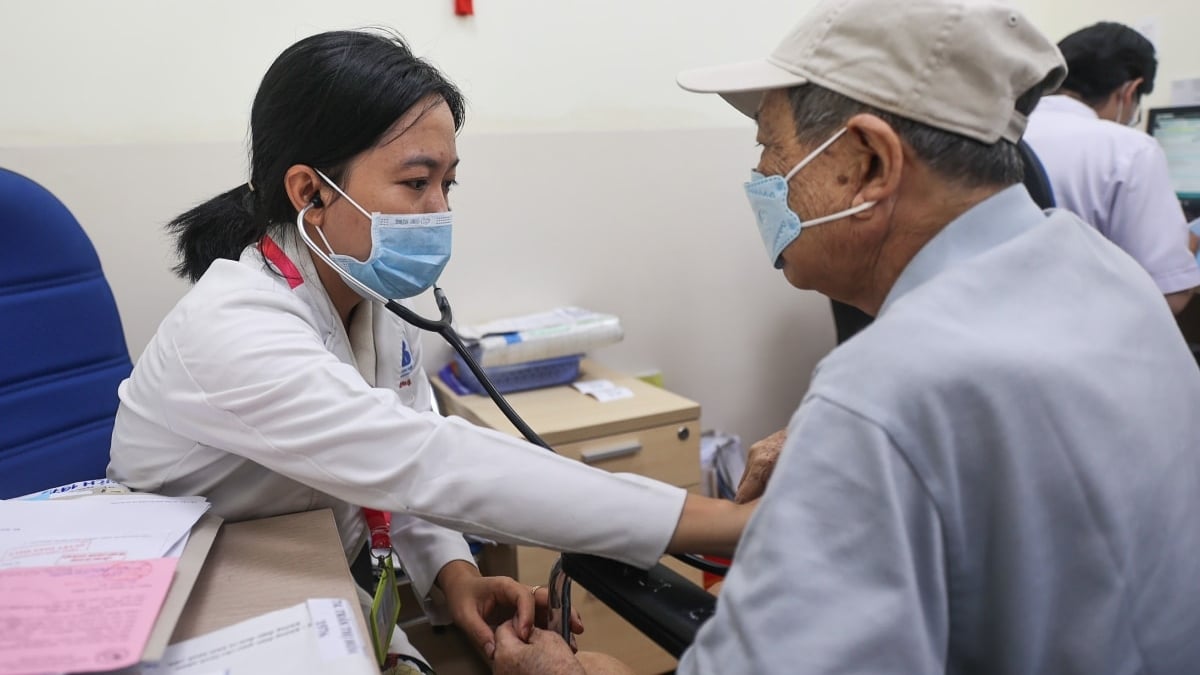
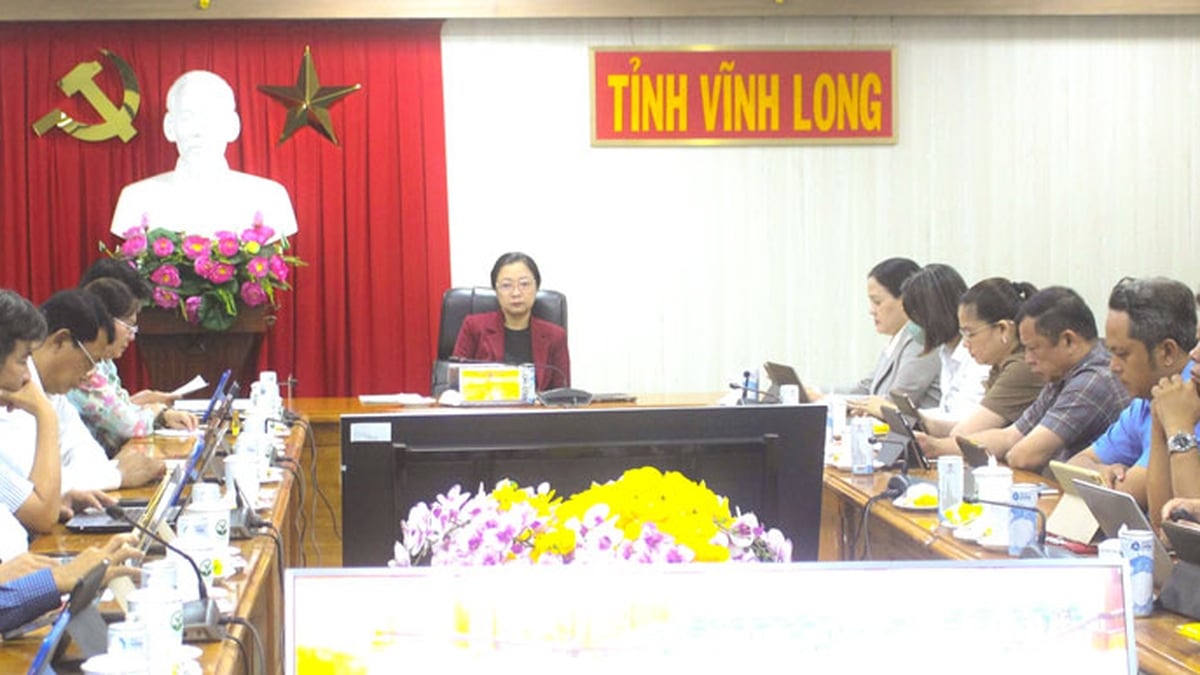
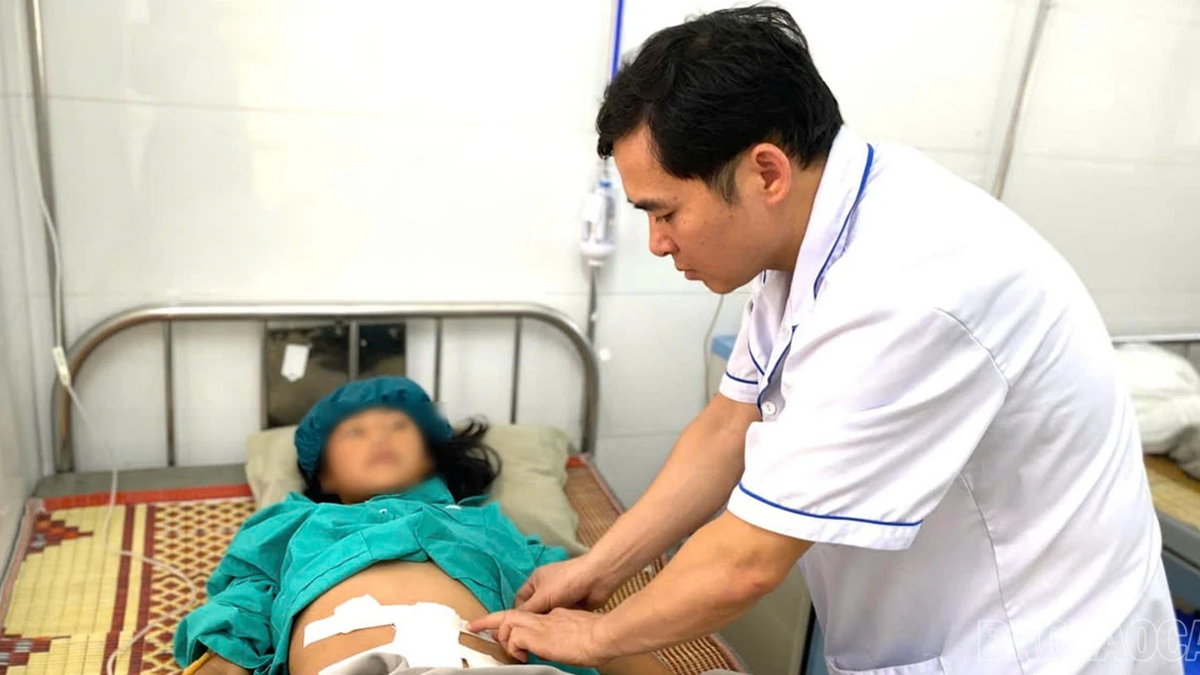

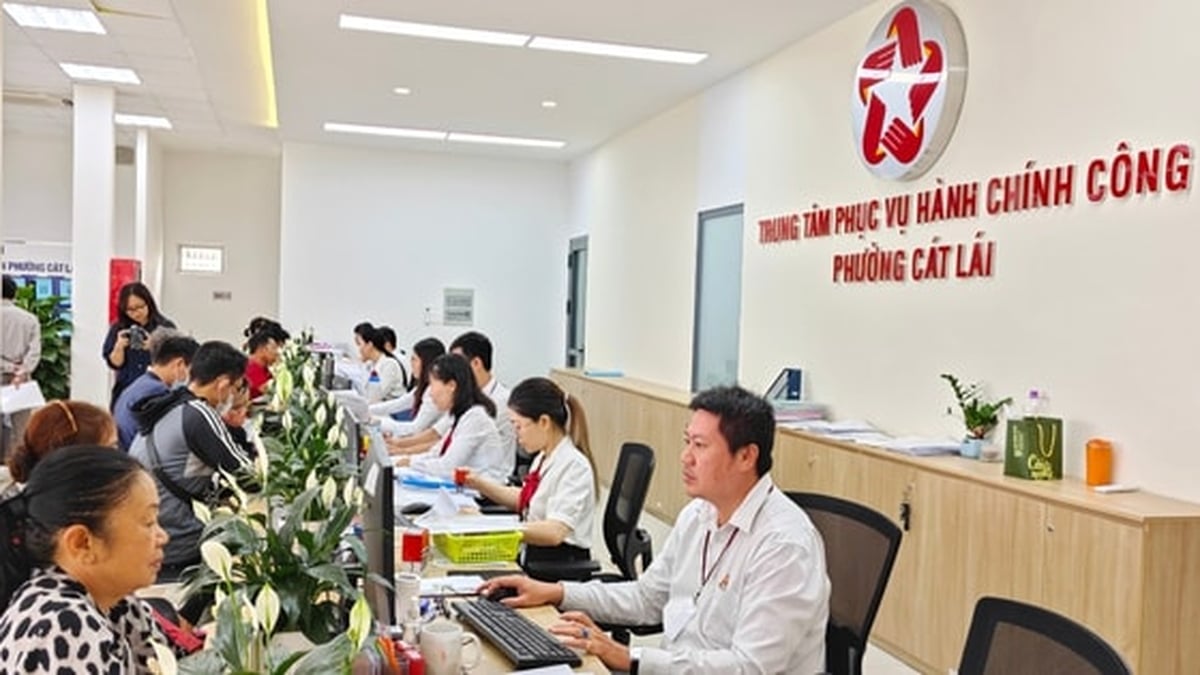
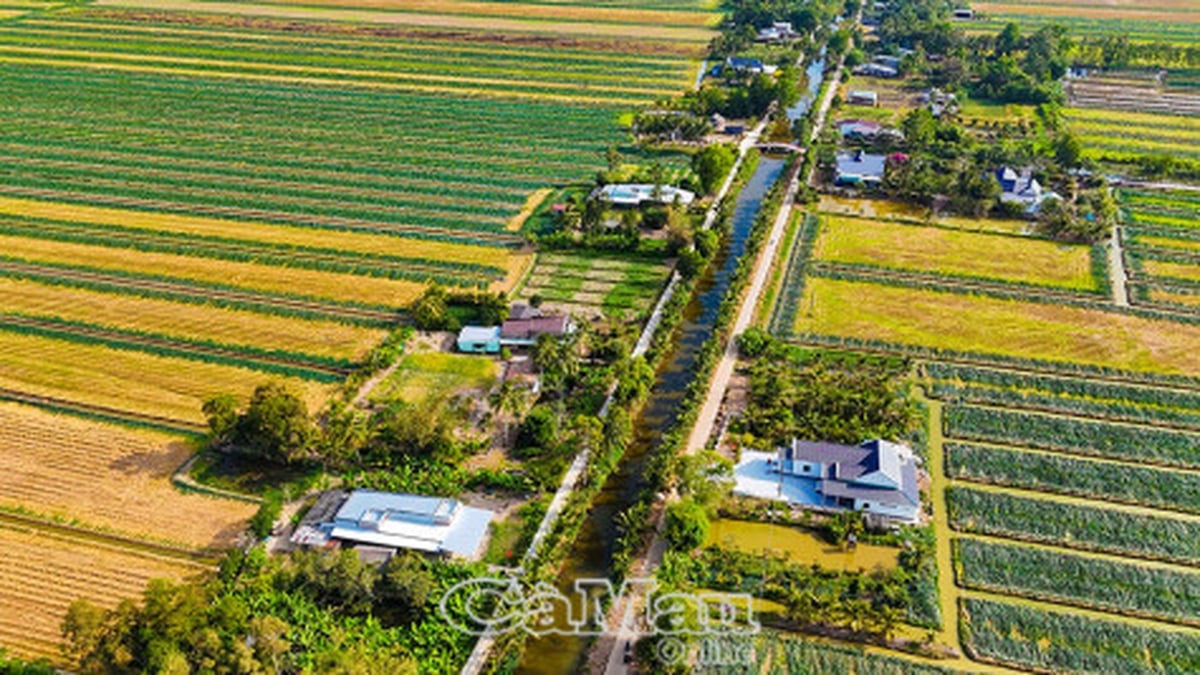







































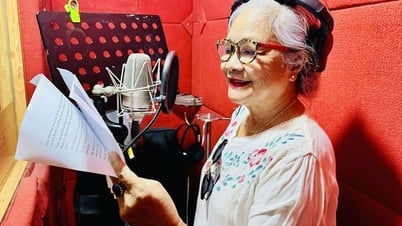

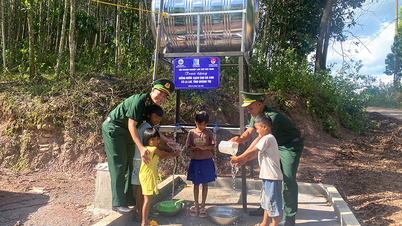


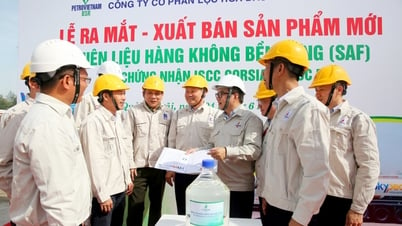




![[Maritime News] More than 80% of global container shipping capacity is in the hands of MSC and major shipping alliances](https://vphoto.vietnam.vn/thumb/402x226/vietnam/resource/IMAGE/2025/7/16/6b4d586c984b4cbf8c5680352b9eaeb0)






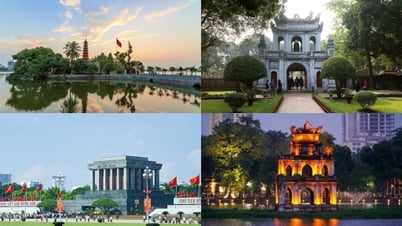



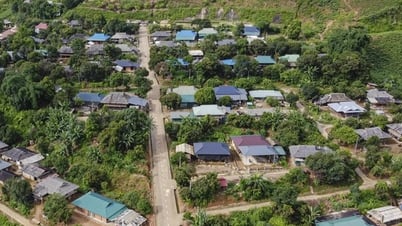

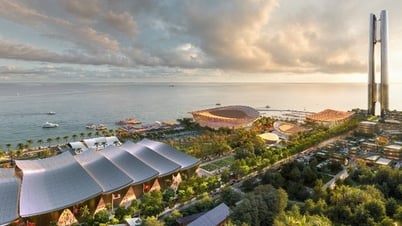
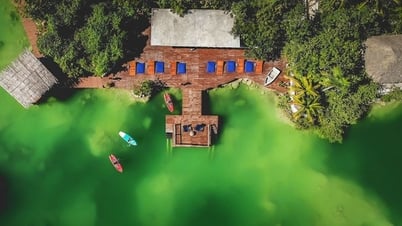
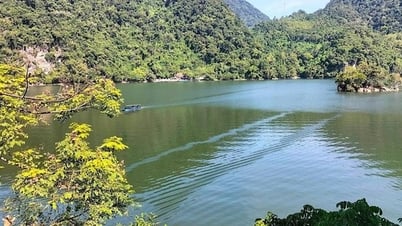























Comment (0)